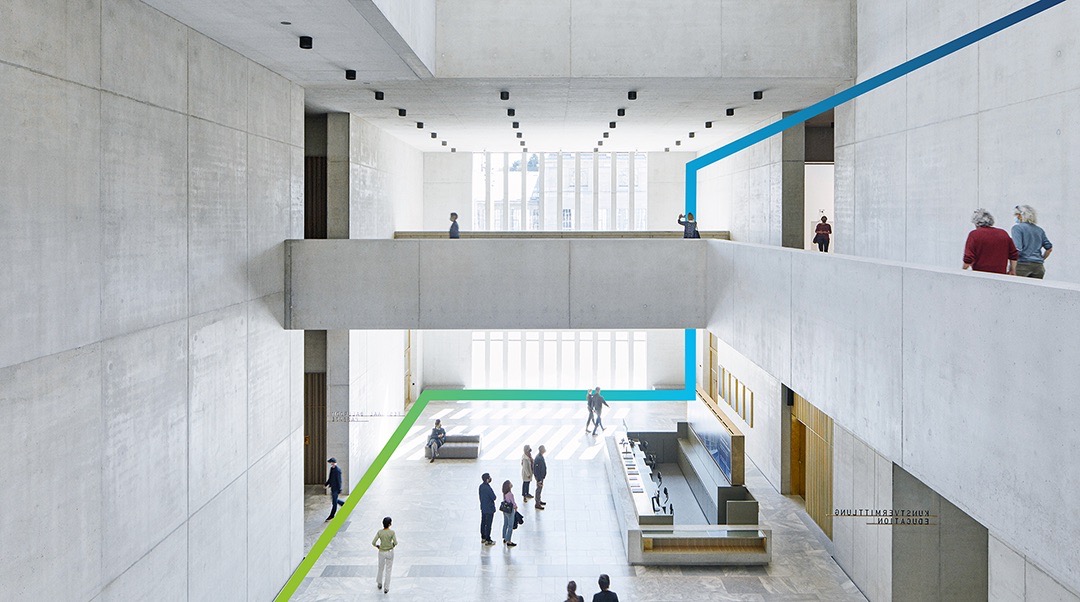Emmanuel Guillon
Holcim Innovation Center
Emmanuel Guillon is a civil engineer. He graduated from Ecole Normale Supérieure of Cachan (now Paris Saclay) and holds a Master of Civil Engineering (2001) and a PhD thesis in Mechanics / Civil Engineering (2004). He joined Holcim Innovation Center in 2004 and since, has been leading more than 15 different R&D projects. Today Emmanuel is the R&D project Manager for ECOPact 2.0, which focuses on new and future proof solutions to make low carbon concrete.
Dr. Nikolaos Vlasopoulos
Holcim Innovation Center
Nikolaos Vlasopoulos is currently heading the life cycle assessment (LCA) group within the Holcim Innovation Center which provides LCA services to Holcim corporate and countries. Its objective is to massively expand the generation of environmental product declarations (EPD) and integrate LCA principles and procedures into the company's operations. Nikolaos holds a PhD in sustainable construction materials from Imperial College London and has previously served as co-founder and scientific director of Novacem, a startup company on low carbon cements.
Paul Astle
Ramboll
Paul is the Decarbonisation Lead for Ramboll Buildings globally. As a chartered structural engineer Paul has worked on a large variety of concrete structures and is involved in many initiatives to decarbonise concrete. Paul is a member of the UK Low Carbon Concrete Group and has co-authored several industry documents including, the Low Carbon Concrete Routemap, the Institution of Structural Engineers' book on Circular Economy & Reuse, and the updated RICS Whole Life Carbon Assessment guidance. Paul also sits on the advisory groups for the ConcreteZero initiative and the forthcoming Flex350 concrete standard.
Brogan McDonald
Ramboll
Brogan MacDonald is a Head of Sustainability in Ramboll UK Building Structures division. She is a Chartered Civil Engineer and Chartered Environmentalist and champions material reuse, reducing embodied carbon and regenerative principles. Her recent work has included the imaginative design of Westbury Hotel to secure its retention, saving 5,000 tonnes of demolition material. She also co-authored the Institution of Structural Engineers' book on Circular Economy & Reuse.
She is part of the edie 30 under 30 2024 cohort, the winner of ‘Best Young Woman Engineer’ in 2020 Women in Construction and Engineering Awards and she was also awarded the Women’s Engineering Society: Top 50 Women in Engineering & Sustainability 2020.






